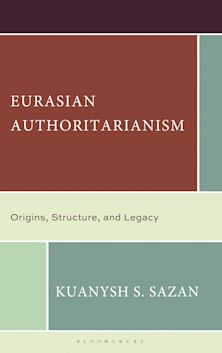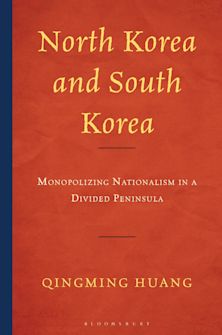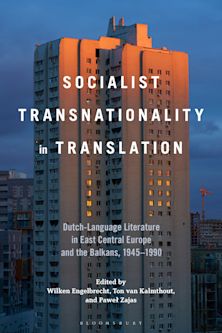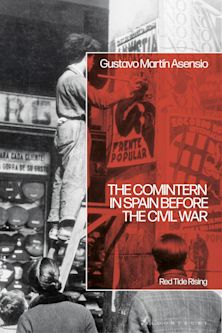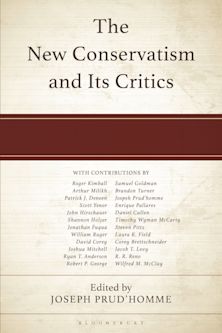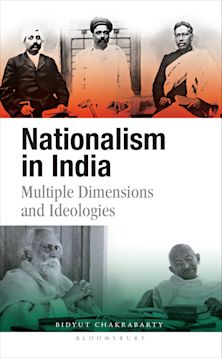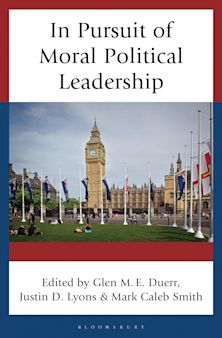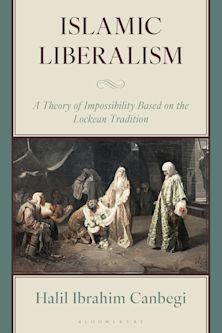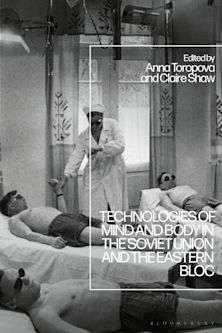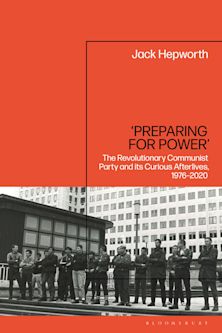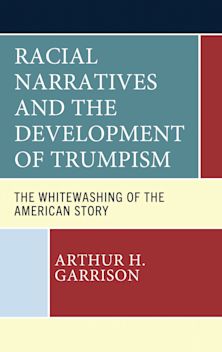- Home
- ACADEMIC
- Politics & International Relations
- Political Ideologies
- The Spirit of Montesquieu’s Persian Letters
The Spirit of Montesquieu’s Persian Letters
Constantine Christos Vassiliou (Anthology Editor) , Jeffrey Church (Anthology Editor) , Alin Fumurescu (Anthology Editor) , Megan Gallagher (Contributor) , Ryan Patrick Hanley (Contributor) , Rebecca Kingston (Contributor) , Pauline Kra (Contributor) , Peter Lund (Contributor) , Michael Mosher (Contributor) , Emily Nacol (Contributor) , Andrea Radasanu (Contributor) , Helena Rosenblatt (Contributor) , John T. Scott (Contributor) , Robert Sparling (Contributor) , Céline Spector (Contributor) , Vickie B. Sullivan (Contributor) , Lee Ward (Contributor) , Stuart D. Warner (Contributor)
The Spirit of Montesquieu’s Persian Letters
Constantine Christos Vassiliou (Anthology Editor) , Jeffrey Church (Anthology Editor) , Alin Fumurescu (Anthology Editor) , Megan Gallagher (Contributor) , Ryan Patrick Hanley (Contributor) , Rebecca Kingston (Contributor) , Pauline Kra (Contributor) , Peter Lund (Contributor) , Michael Mosher (Contributor) , Emily Nacol (Contributor) , Andrea Radasanu (Contributor) , Helena Rosenblatt (Contributor) , John T. Scott (Contributor) , Robert Sparling (Contributor) , Céline Spector (Contributor) , Vickie B. Sullivan (Contributor) , Lee Ward (Contributor) , Stuart D. Warner (Contributor)
This product is usually dispatched within 1 week
- Delivery and returns info
-
Free US delivery on orders $35 or over
You must sign in to add this item to your wishlist. Please sign in or create an account
Description
This book’s primary purpose is to commemorate the 300th anniversary of Montesquieu’s Persian Letters, a seminal book in classical liberal thought. Persian Letters is a delightfully rich, sympathetic satire of commercial society’s promise and discontents, covering a wide range of issues and themes that shaped the direction of liberal modernity. It consists of a series of letters largely written by two Persian travelers to Paris, who allow modern readers to view Parisian life from the perspective of an outsider. The volume includes contributions from prominent scholars of Montesquieu’s and early career scholars who have recently unearthed new and exciting avenues for understanding this important hinge-figure in modern political thought.
Table of Contents
Acknowledgments
PART I: The Persian Letters in the History of Political Theory
Chapter 1. Philosophizing the Passions: The Seraglio as Laboratory in the Persian Letters Céline Spector
Chapter 2. Conflict in the Persian Letters, Pauline Kra
Chapter 3. Persian Letters in Time: Adhesive Past: Bright, Unstable Present: Divergent, Fragile Futures, Michael Mosher
PART II: The Persian Letters on Nature and Convention in Politics
Chapter 4. Pitfalls of Abstract Ideals: Usbek on the Law of Nations, Andrea Radasanu
Chapter 5. Faces of Monarchy in West and East and the Limits of Traditional Jurisprudence: Montesquieu in Dialogue with Bodin in the Persian Letters, Rebecca Kingston
Chapter 6. The Struggle for Recognition and the Economy of Esteem in and out of the Seraglio, Robert Sparling
PART III: The Persian Letters on Commercial Society
Chapter 7. The Plague of High Finance in Montesquieu's Persian Letters, Emily Nacol and Constantine Christos Vassiliou
Chapter 8. The Political
Product details
| Published | May 08 2023 |
|---|---|
| Format | Hardback |
| Edition | 1st |
| Extent | 292 |
| ISBN | 9781666913279 |
| Imprint | Lexington Books |
| Dimensions | 9 x 6 inches |
| Publisher | Bloomsbury Publishing |
About the contributors
Reviews
-
Montesquieu’s Persian Letters is one of the gems of the Enlightenment, at once amusing and profound, accessible and sophisticated. This marvelous collection of essays not only does justice to the book’s complexities but also demonstrates that the issues and questions raised by Montesquieu’s story remain as relevant today as they were three centuries ago.
Dennis C. Rasmussen, Syracuse University
-
This volume is a most welcome and truly important contribution to serious interpretive reflection on what is perhaps the most understudied, and least well understood, great work of political philosophy. A true galaxy of contributors includes many of the most distinguished scholars of Montesquieu and of French Enlightenment political thought—each of whom has penned a gem of an essay. A true feast for the intellect!
Thomas L. Pangle, University of Texas at Austin
-
This impressive volume -- the first dedicated to Montequieu's Persian Letters -- will not only serve as a benchmark for future scholarship on this important philosophical novel, but it will also inspire. It restores a very important part of Montesquieu's work to his overall political thought, and there is not one weak contribution in it.
Khalil Habib, Hillsdale College
-
Montesquieu’s Persian Letters offered a sophisticated analysis of the Enlightenment and an ambitious blueprint for political education. The essays collected in this timely and original book were written to celebrate three centuries since the publication of Montesquieu’s work. They remind us that Persian Letters is an immensely complex work that continues to fascinate us today.
Aurelian Craiutu, Indiana University, Bloomington
-
This impressive collection invites conversation with Montesquieu’s first work, giving the Persian Letters the attention it deserves. Readers rediscover this philosophical novel as a great Enlightenment argument for philosophical, moral, religious, and political moderation. Just as Letters deploys diverse voices – avoiding the single-mindedness of earlier moderns – the editors wisely gathered a heterogenous range of contributors for a balance of views. Successive chapters approach the Letters with care, from distinguished scholars to new voices, together striking the perfect note: instructive reflections that also make you want to study anew the classic work itself.
Paul Carrese, Arizona State University
-
The Persian Letters is both the most scintillating of Montesquieu’s works and the most mysterious. While paving the way for the better known works of his that followed, it caused a sensation by its frank discussions of issues still contentious today. It was the work of Enlightenment that more than any other problematized the Enlightenment. The present volume features sixteen scholars ranging from the well known to the up and coming to offer a range of new perspectives on interpreting this fascinating novel.
Clifford Orwin, University of Toronto

ONLINE RESOURCES
Bloomsbury Collections
This book is available on Bloomsbury Collections where your library has access.













